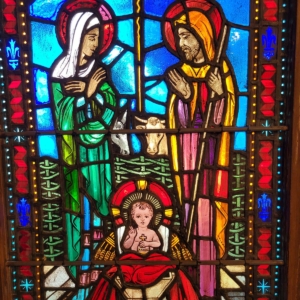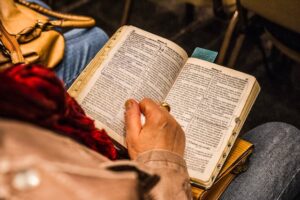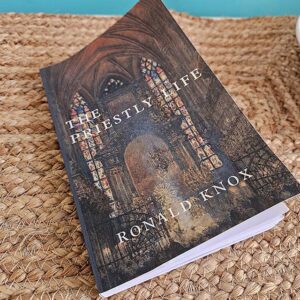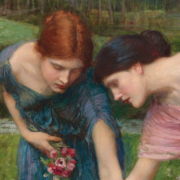Spiritual Clutter…Is There Such A Thing?
There are many instances when I feel obligated to clean outside my normal daily housework. Some of the most popular reasons people do a deep clean are to welcome spring, prepare for a guest, entertain during the holidays, and declutter.
At least twice a year, I feel the urge to purge. Sometimes, I focus on one home area, such as a closet or cabinet, while other times, I focus on an entire room. Emotions such as stress, anxiety, and sadness also trigger a massive cleaning response in me. These emotions often set me into a cleaning mode.
Usually, a deep clean involves deciding whether to keep various unnecessary items, loading up the car, and delivering to a local donation center. I breathe a sigh of relief, and when I finish, I can sit back and enjoy the freshness of my home.
I recently set my sights on cleaning my home office, which doubles as my prayer space. I worked from one end of the small room to the other, quickly realizing I had a lot of clutter. Sitting down in my rocker to pray and setting my coffee cup on the table beside me was a chore, as I had to move many items just to set the cup down.
As a spiritual director, I have quite a collection of spiritual books, journals, prayer cards, etc., all of which hold special meanings. Some were gifts; others contained wisdom and reflections necessary to me and those I accompany on their spiritual journey. It is much easier for me to donate an old sweater than to let go of items related to my faith.
“It is much easier for me to donate an old sweater than to let go of items related to my faith.”
I organized my items so that I didn’t need to donate them. When the Holy Spirit calls me to pass an item along to someone else, I set aside a pile for “gifting.” As I admired the newly decluttered room, I wondered if we could have so much physical clutter in our lives that it is possible to have spiritual clutter.
I considered what I gather when I sit down for prayer time: a Bible, journal, devotional, sometimes a candle and rosary, coffee or tea, a prayer card or two, a pen, and a highlighter. Oh, let’s not forget the holding cross or personal memento that brings me into focus. Then, I often use a prayer app or reflective music.
After thinking about the many things I have considered as prayer time must-haves, I asked myself, did Jesus need all this when he prayed? Am I bringing spiritual clutter into my sacred space and personal time with God, and are these things impeding my connection to Him?
Don’t get me wrong. I am not saying these prayer items are bad or unnecessary, but perhaps they have their time and place. If we look at that list again, it almost reads like someone conducting a Bible study class, not someone about to enter a sacred space with the Lord.
So, how can we incorporate spiritual accessories in a way that does not interfere with our moments of prayer? The process will look different for everyone, as our styles are different. If you aim to use many or all of the items mentioned and it works for you, go for it. However, if you feel a prayerful connection is lacking, consider how to enter prayer and what external items you are taking along.
When we enter prayer, already feeling cluttered, we bring these emotions with us, which can detract from completely opening our hearts to God. As we settle into this new year, take some time to evaluate your prayer space and routine. Take note of anything that brings you unease, feeling closed in, or frustration.
You may be surprised to learn that to reach a deep prayerful connection, all God wants from you is you! The accessories can be used to journal your emotions after your prayer time or for additional prayers aside from your meditations with scripture. Be honest and only use what makes you feel connected to God. Make your prayer time with God count, have fun, and enjoy your moments of God’s Grace.
_______________________________________________
Kimberly Novak is a wife, mother, author, and spiritual director. Her passion for inspiring and motivating those on a spiritual journey has bloomed into various ministries. Kimberly’s mission is to enhance each journey by guiding others where the light of strength is…God’s love. Find out more about Kimberly’s life and work at www.kimberlynovak.com. Additionally, Kimberly welcomes prayer requests at A Little God Time.
©️ copyright 2025 Kimberly Novak
Edited by Janet Tamez



















